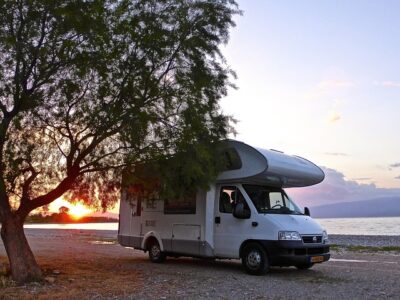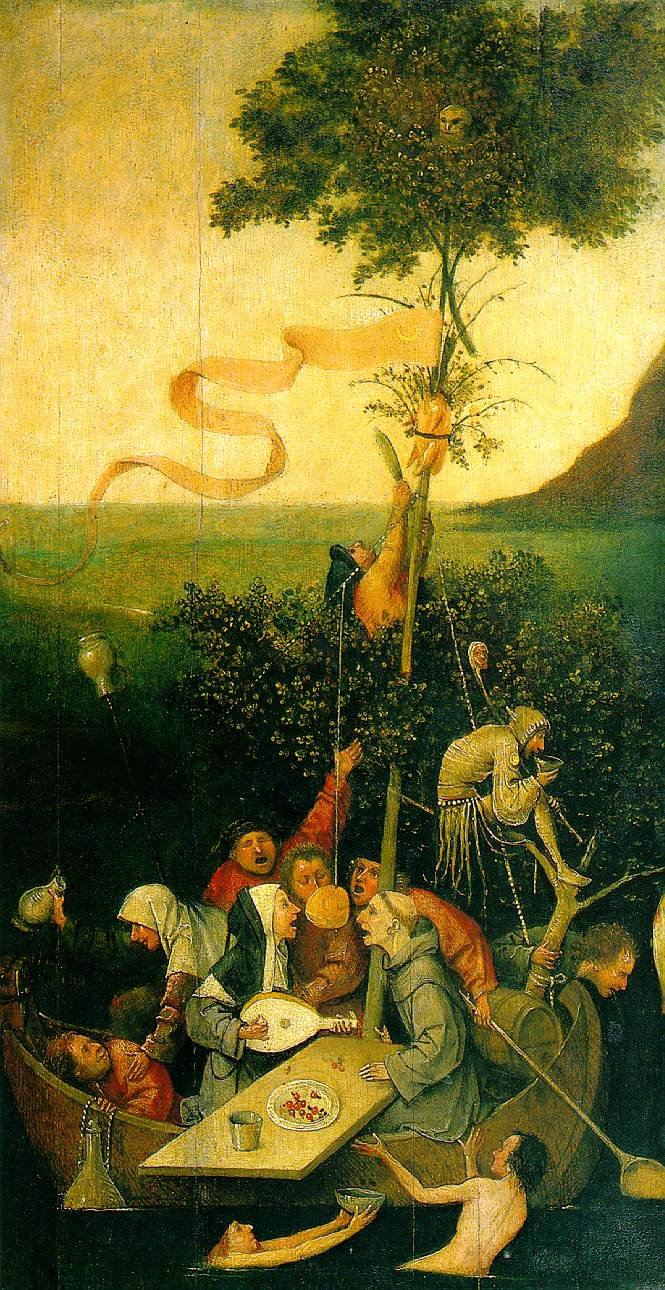 Now that electricity and petrol are becoming painfully expensive, there’s every reason to reassess your personal spending. The first thing you notice is all those little monthly payments that are automatically deducted, Netflix, games, apps, media subscriptions etc. When it all adds up, it becomes quite a lot, even though each payment may seem small and limited.
Now that electricity and petrol are becoming painfully expensive, there’s every reason to reassess your personal spending. The first thing you notice is all those little monthly payments that are automatically deducted, Netflix, games, apps, media subscriptions etc. When it all adds up, it becomes quite a lot, even though each payment may seem small and limited.
The internet economy is based on regular micro-payments and relatively small purchase decisions, which end up being a significant part of one’s spending. But there are many other costs that are also unnecessary, and which we mostly pay because everyone else does.
The car is a large expense, especially now that fuel costs are rising sharply. But it’s not just about what we put in the tank, no, even when you drive that new car out of the shop it significantly loses value. And since few people can pay for everything in cash, a bank loan is needed, adding another monthly expense.
Anyone who can do without the new-car smell and the latest comforts should consider buying a used car. A five-year-old Toyota Corolla is about 10,000 € cheaper than a new one that costs over 25,000 €. The cars of today last a long time, and a reliable repair shop can keep a car alive for many years. I myself drive a 15 year old Renault that cost me 8000 € to buy, and costs about 500 € a year in repairs and maintenance.
The biggest expense for many families (apart from taxes) is probably housing. Especially city dwellers spend a significant part of their income on having somewhere to live. This too is often financed by loans, and not only that; those who live in condominiums have to accept that even the association has large loans that affect the monthly fee. Outside urban areas, you can still buy a villa for around 100,000 €. And of course the handy person can find older renovation properties with an even lower price tag. So why are people hunting for homes for over 1 million € in Stockholm?
It’s all about location, proximity to work, friends and the buzz of the big city. The question is whether it’s worth it, when you really think about how much you’re spending every month?
With the Wuhan-flu, working from home was introduced large scale, and there are still many people who work from home. And those who still go into the office often end up in a commute that can take 1-3 hours daily, back and forth. So, not only are you spending huge amounts on cars and housing, you are commuting away large parts of your life.
Housing is mostly about social conventions, most of us could have done with a small wooden house on a patch of grass. The real cost of building such a simple dwelling shouldn’t be that much. But regulations, application requirements, permits, taxes and competition for land add to the price. Most of what we pay is in fact air. The situation increasingly resembles the Dutch tulip bubble of the 17th century, when people could spend a fortune on simple tulip bulbs. Now, instead, we spend 1.2 million € on a mediocre seventies villa on Lidingö, near Stockholm. If you settle for Haninge, you can get away with barely half that, but even 600,000 € is a lot for a house in an ordinary suburb of Stockholm.
If we’re really going to think outside the box, why not get a caravan? You can buy a better used one for about 10,000 € plus a car for about the same. A camper, if you prefer, can be bought used for about 20,000 €. This investment requires no (or a smaller) loan burden, it is at least repayable within a reasonable time. The vehicle could be moved according to the owner’s taste, the only thing needed for the busy homeworker is an internet connection. If one is sceptical about the nomadic lifestyle, a small piece of undeveloped land can be acquired for a reasonable sum, where the portable accommodation can be parked. And with the money saved, you might finally be able to make that trip to the Amazon or Fiji? It’s all about making your dreams come true, after all, we don’t live forever.
Sometimes you have to strip away all the fluff to realise how much money you’re spending on social conventions and predetermined musts. And while my example may seem ridiculous and unreasonable to many, most would agree that it is a possible strategy, it is something that could be implemented. Sure, it gets cold in a motorhome in winter, but it’s probably cheaper to heat than a large villa; and why not move south for the winter, like the birds?
Schooling and education for the children also becomes a dilemma if one is to live under different arrangements. We are touching on the debate about home schooling and the dilution and decay of the current school system. Many wonder what children actually do in schools during the day? The nine-year primary school curriculum could usefully be taught over a much shorter period. The school system has resulted in a kind of labour camp for children, the purpose of which is care and custody, so that parents can commute to their disliked workplaces in their expensive cars, so that they can pay for the overpriced villa; and the squirrel wheel continues to spin.








